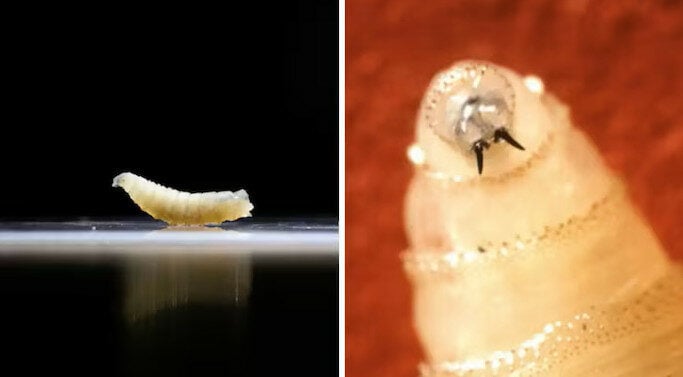The United States has confirmed its first human case of New World screwworm, a parasitic fly whose larvae feed on living tissue, in a Maryland resident who recently returned from El Salvador, where an outbreak is ongoing.
According to the US Centers for Disease Control and Prevention (CDC), the patient began showing symptoms shortly after returning and was diagnosed on August 4, 2025.
“Screwworm larvae literally eat living tissue, which can lead to serious and potentially life-threatening infections if not treated promptly,” said CDC Director, Dr. Rochelle Walensky.
“While this remains extremely rare in humans, it’s critical to seek immediate medical attention if symptoms appear after travel,” Walensky added.
The US Department of Health and Human Services (HHS) confirmed the case on August 24, 2025, stressing that officials were monitoring travel-related risks and working with Central American health agencies.
“We are taking this very seriously and working to prevent any further spread,” HHS spokesperson, Dr. Anthony Fauci, said.
Screwworm infections are more common in animals, especially livestock, where outbreaks can devastate herds.
“The larvae can burrow into live tissue, causing deep wounds that are difficult to treat,” explained Dr. Jose Ortega, senior USDA veterinary official.
“For humans, it’s rare but extremely dangerous, and for cattle, it can lead to billions in losses,” he added.
To limit the pest’s spread, the US Department of Agriculture (USDA) is constructing a sterile fly production facility in Texas and has temporarily halted cattle imports from Mexico.
Mexico is also expanding its sterile fly programme, as Panama’s existing facility was unable to meet eradication demands amid the outbreak advancing northward from Central America.
So far, no screwworm cases have been reported in US livestock this year, but experts warn that the first human infection underscored the urgent need for vigilance.
“Early detection and treatment are essential to prevent serious consequences, both for public health and agriculture,” Walensky stressed.





